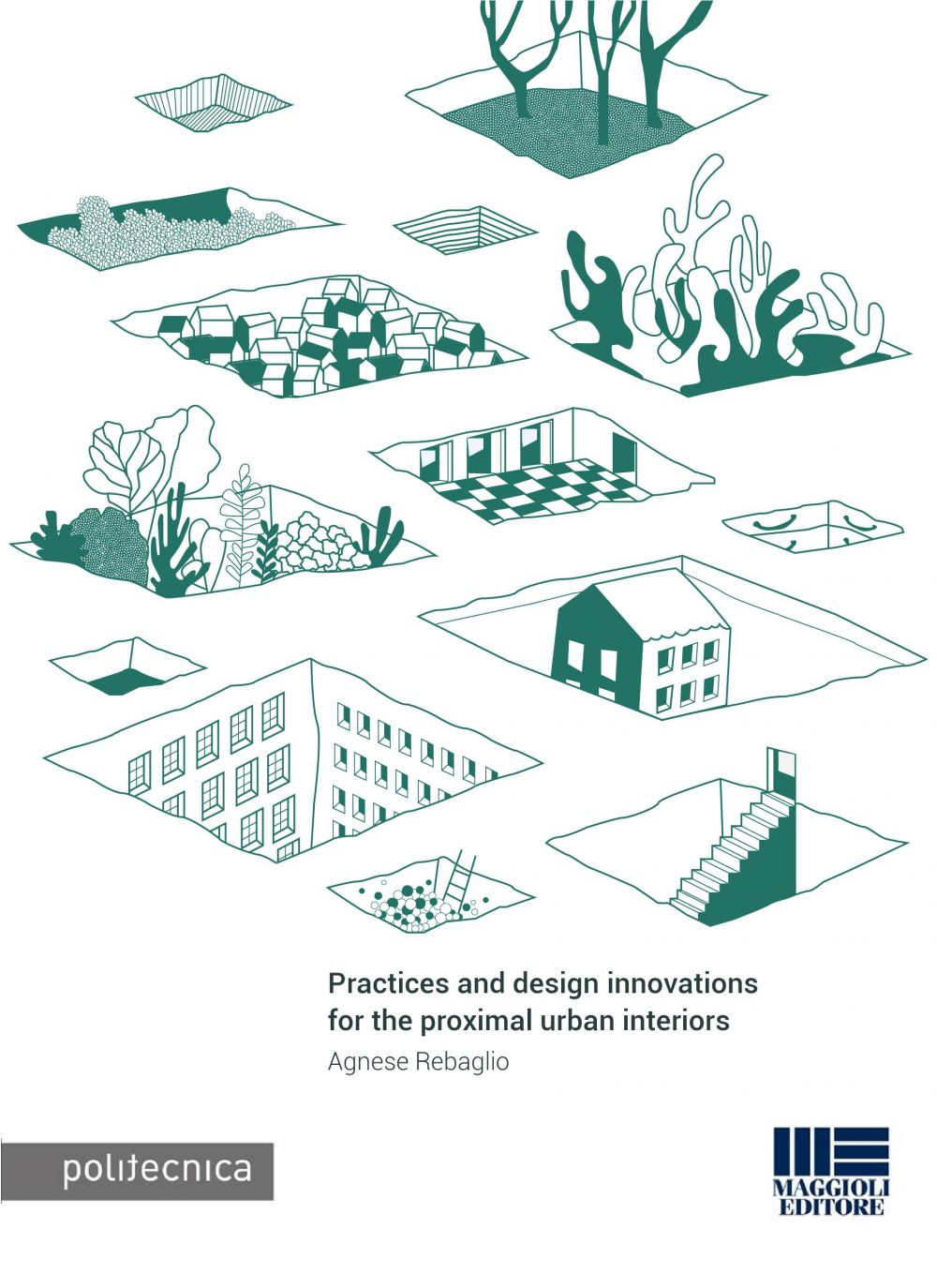Descripción
The text explores the role of design in encouraging forms, tools and processes to innovate the space of cities proximal to people. In the perspective of contemporary challenges oriented to sustainable development, the issue of open space of the city undertakes strategic importance in determining ways of use, collective behavior, and well being. The design, through its ability to act on a dimensional scale of small and close, of habitable and lovable space, contributes to innovate things and environments, services and interfaces, producing a proximal city as a group of shared experiences for the communities that inhabit it. Through experimental actions, participatory processes, it is possible to imagine different fates, unpredictable and flexible, exposed to relationship, slowness, and narration.
Notas biográficas
Agnese Rebaglio, Designer, Ph.D., assistant professor at the Design Department of the Politecnico di Milano. With the research team DHOC - Design for Hospitable Cities, she develops design research on innovative processes and forms for hospitable places, with a particular focus on designing the enhancement and the transformation of urban places towards sustainable development; on designing interiors’ settings for hybrid and experimental spaces and services; on designing processes and strategies to protect marginal situations for social innovation. Promoter, for the PoliMI’s Interior Design Course, of GIDE (Group for International Design Education), a network of European design schools. Director of the specializing Master “Design for Public Spaces” provided by POLI.design - Politecnico di Milano.



